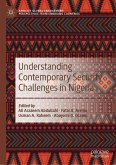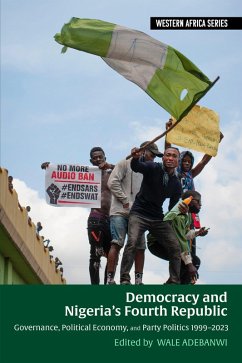The topics covered in the volume include details on the framework of understanding kidnapping, the evolution of kidnapping from pre-colonial to post-colonial eras, and the relationship between ungoverned spaces and kidnapping in the country. The book further sheds light on kidnapping in the context of insurgent campaigns, with insights into oil-related militancy in the Niger Delta region, with the Islamist Boko Haram insurgency and terrorism in the Northern region of Nigeria. It discusses non-insurgent kidnapping, situating kidnapping in the contexts of banditry, ransoming, ritualism, baby factory, and human trafficking. Additionally, the volume analyses the emerging gender and transnational frontiers of kidnapping in Nigeria. Expanding the discussion on state responses, this book also looks into responses of non-state actors to kidnapping as well as negotiations in hostage crisis management. Finally, it examines other unique subjects, such as media coverage of kidnapping, and the consequences for Nigeria's international image.
The book will appeal to students, scholars, and researchers of political science, international relations, economics, sociology, history, law and business management in general, as well as African studies, security studies, criminology, peace and conflict studies, and geography and area studies. It will also be helpful for public policy-makers, African security experts and professionals, as well as business managers, risk analysists and insurance industry that are interested in a better understanding of kidnapping and associated political, social, economic, and security dynamics in Nigeria and beyond.
Dieser Download kann aus rechtlichen Gründen nur mit Rechnungsadresse in A, B, BG, CY, CZ, D, DK, EW, E, FIN, F, GR, HR, H, IRL, I, LT, L, LR, M, NL, PL, P, R, S, SLO, SK ausgeliefert werden.









